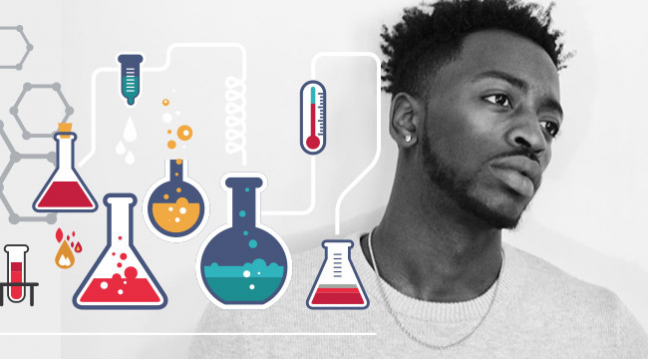The Next Big Thing Movement named University of Wisconsin alumnus Keven Stonewall as one of the top 35 Millennial influencers late January.
The Next Big Thing Movement seeks to bring together top millennial influencers from across the U.S. to help make a social change for humanity.
At 17 years old, Stonewall started conducting medical research for Rush University Medical Center. It was there he began his first cancer-based research, working toward determining the impact age had on a mitoxantrone-based tumor vaccine in mice.
The experiment Stonewall conducted consisted of injecting the tumor vaccine into mice, both young and old, followed by a second injection of aggressive colon cancer cells. The vaccine was effective on the young mice in just three days, and the results of Stonewall’s research have put a vaccine for elderly people with colon cancer in the works.
Having started his work at such a young age, Stonewall felt honored to receive such a high recognition from the Next Big Thing Movement.
“I’ve put in a lot of hard work and sacrifice over the years, so it’s a great feeling to be recognized on the same platform as [other millennial influencers],” Stonewall said.
During his undergraduate years at UW, Stonewall continued the cancer research he’d started during his internship at age 17. At UW, Stonewall studied preclinical models of allogeneic blood and marrow transplant to treat osteosarcoma and neuroblastoma.
Stonewall said it was his time at UW that introduced him to his ability to impact the world.
The starting point of his realization was working under the mentorship of UW assistant professor Dr. Christian Capitini conducting pediatric cancer research, Stonewall said.
“Four years ago, if you would have told me I would be graduating from one of the top research universities in the world, I would not have believed you,” Stonewall said, “I met some pretty amazing people here at UW, and I am confident that Badgers truly are the future leaders of the world.”
Stonewall focuses his research mainly on the fight against colon cancer but has broadened his work to include studying a type of cancer called neuroblastoma.
But Stonewall’s research has not stopped inside the lab.
Stonewall said he shares his findings and spreads medical knowledge through various speaking engagements such as TEDx talks, and in media outlets like USA Today, the New York Daily News, MSNBC and Chicago Sun-Times.
“Increasing healthy literacy is a crucial step in order to eradicate diseases such as cancer and diabetes,” Stonewall said.
Stonewall also gives motivational speeches to a wide range of people, from high school and university students to members of churches and civic organizations. He shares with them his story of how he got involved with cancer research at such a young age.
Stonewall said he uses his established platform to increase health literacy and wellness for all members of society, focusing his work as a motivational speaker on people from underprivileged communities.
Stonewall hopes to prevent citizens from those demographics from becoming the next victims of illnesses such as cancer and diabetes. Those diseases tend to be silent killers of underprivileged communities who don’t have the access to health resources affluent groups do, Stonewall said.
“Through [this focus], I am inspired to pave the way for the next generation of students interested in pursuing careers in medicine and science, technology, engineering and math,” Stonewall said.


